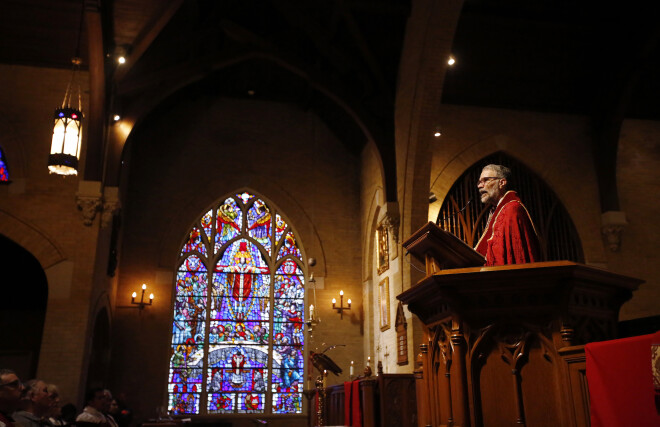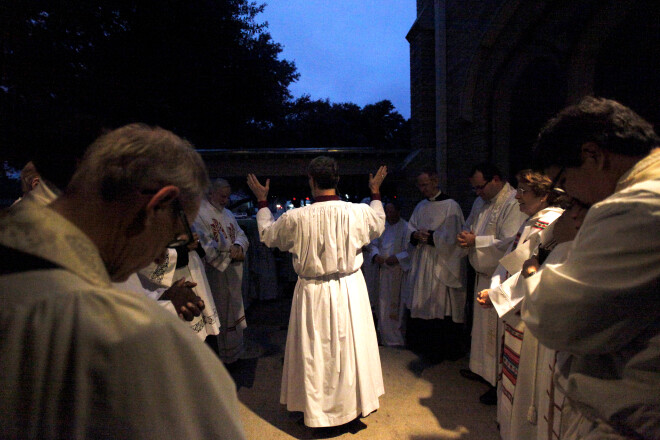Creative Destruction

When I was 17 I spent a summer in a kind of youth think tank at Cornell called “Telluride.” My father was a bit skeptical of it all, but his worries were allayed when he met my two, very respectable looking professors. They turned out to be total Marxist “dialectical materialists.” It was 1972, and I mentioned in passing that they must be supporting George MacGovern. On the contrary, they were strong Nixon supporters! But why? “Because we need to drive the contradictions...” they replied. Things needed to come into destructive conflict, out of which the new world would emerge. It is a brutal but also naive kind of Hegelian philosophy. There is more than a touch of this on the contemporary political scene, if from another corner.
This comes to mind because I read of a recent book on the state of the denominational churches which foresaw their dramatic demise. But not to worry, churches failing in this time of decline could be mulch for a new religious paradigm. Cold comfort for the mulch! Here too we find not a little of the logic of creative destruction, a description of the revolutionary logic actually made popular first in the world of investment.
Even if we reject this line of thought, when disillusioned with some failing or other of the church of buildings, budgets, and conflicting personalities, who has not though it might be better simply to get on with the kind of effort Jesus advocated in the world and leave these sagging church institutions be?
But this line of thinking is in fact a snare and a delusion. The welfare of the Gospel is related to the health of the real Church as real institutions in the real world, ones that can continue over time. It is in real parishes that the verdict will heard a generation from now. Rebuilding them, even when it involves reconciling opinions, finding the “good enough” program, taking the long view, and accepting the incremental, is the call of the Spirit. We don't need a radical and destructive creativity, since we are servants of Him who has resolved the irreconcilable in Himself, so that His news may be heard in the humility of an all-too-human institutional form.
Peace,
GRS




